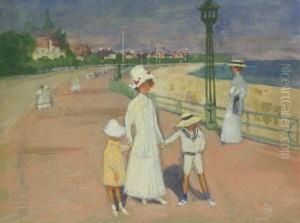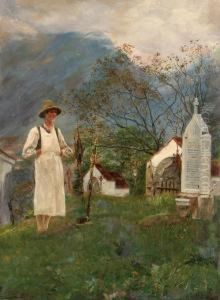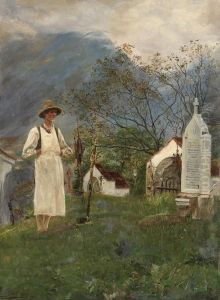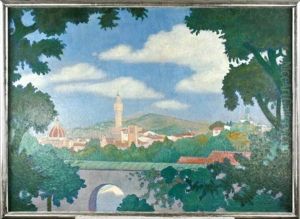Johannes Martini Paintings
Johannes Martini was a Franco-Flemish composer of the Renaissance, associated with the Burgundian School, which was a group of composers active in the 15th century in what is now northern and eastern France, Belgium, and the Netherlands, under the auspices of the Dukes of Burgundy. Martini was born around 1440, although the exact details of his birthplace and early life remain obscure. His name suggests Italian origins, but much of his professional life was spent in the service of the Burgundian court.
Martini is known to have been in the service of the Duke of Ferrara by 1471, which indicates that he may have traveled from the Low Countries to Italy, a common route for many northern composers seeking patronage and influence in the Italian courts. He was a singer and composer at the Este court in Ferrara, one of the leading centers of musical activity in Italy, where he worked alongside other notable composers such as Josquin des Prez.
His music, particularly his chansons, was widely admired and circulated during his lifetime. Martini's style bridges the late medieval tradition with the early Renaissance. His compositions include Mass movements, motets, and secular works, with the latter being the most numerous and varied. His secular songs are particularly noted for their lyrical qualities and their use of melodic imitation, a technique that would become more pronounced in the work of later Renaissance composers.
Martini died in 1497, but his influence on the music of the Renaissance, particularly in the realm of secular song, continued. His works were often copied into important music manuscripts and printed collections, which helped to preserve his legacy. Although not as famous as some of his contemporaries, Martini's contribution to the music of the Burgundian School and the development of the Renaissance style is recognized by musicologists and scholars.






